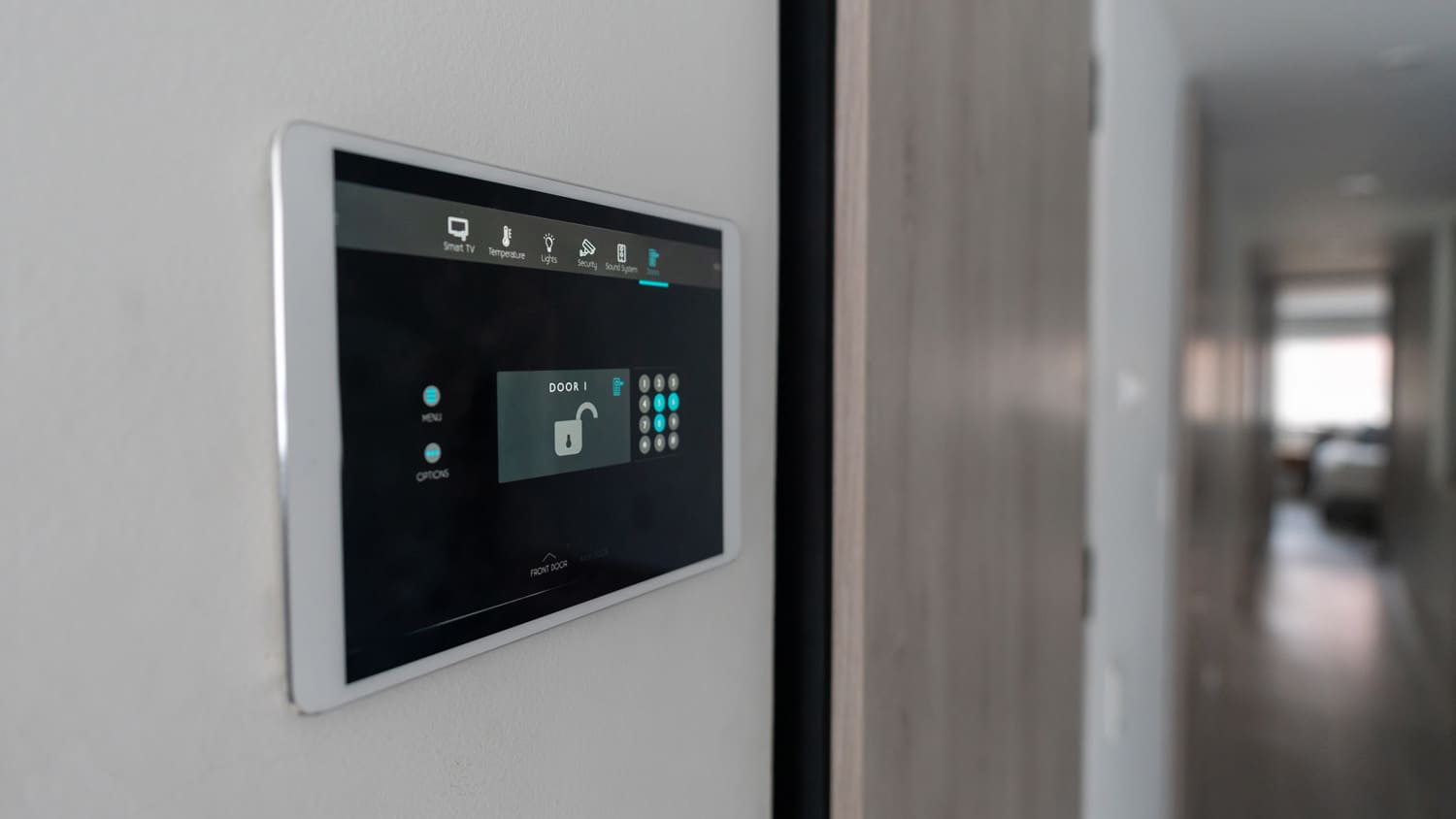
Budget for heated driveway costs based on factors like driveway size, heating method, site preparation, automation, labor, maintenance, and more.
Hire a licensed geothermal heating specialist to install your system


Installing a geothermal system is a complex project best handled by a licensed, bonded, and insured geothermal heating specialist.
Professional installation helps avoid performance problems, property damage, and noncompliance with local codes.
Plumbers can contribute to the installation, but aren’t qualified to handle the entire process.
Key factors that can affect installation costs include property geology, system sizing, underground piping placement, permits, climate, and land size.
Choose a specialist who designs the system and coordinates safe excavation and inspections.
This article was created using automation technology and thoroughly fact-checked and edited by HomeAdvisor Editor Ryan Noonan.
If you’re wondering who to hire to install a geothermal heating system, the best choice is a licensed, bonded, and insured geothermal system installation specialist. This pro evaluates your site, sizes the system, secures permits and inspections, and installs underground piping safely and to code.
Generalists like plumbers are not a good fit for complete installations, and DIY work can lead to poor performance and property damage. Use this hiring guide to confirm who to call and when to bring in a specialist.
A local geothermal heating specialist brings focused training to a project that depends on soil conditions, site size, and local climate. These pros recommend the right system, oversee safe excavation, and manage precise underground piping placement. They also handle permits and inspections, ensuring code compliance. Hiring a specialist reduces the chance of performance issues and costly repairs, so the system runs safely and efficiently from day one.
Geothermal heating specialists bring the following benefits:
Specialized knowledge of geothermal system design and installation
Accurate sizing based on property, climate, and landscape
Manages permits and required inspections
Licensed, bonded, and insured for your area
Oversees safe excavation and backfilling
Ensures correct underground piping placement
Connects the indoor geothermal heat pump properly
Aligns work with local building codes
Minimizes risk of costly missteps
Plumbers participate in geothermal projects but do not oversee the full installation. They coordinate with geothermal specialists and complete the final plumbing connections after the groundwork and loops are in place. In states where geothermal is more common, certain plumbing companies handle complete installations.
Traditional HVAC technicians are not the right fit because geothermal systems require excavation, loop design, and expertise in underground piping. Default to a geothermal heating specialist when you want one pro to design, install, and coordinate inspections.
If you need help with the plumbing aspects of your geothermal system, consider hiring a local plumber to ensure all connections are handled safely and in compliance with code.
Geothermal heating specialists have the tools and expertise to install your system for lasting safety and performance. Here’s a look at their process:
Initial consultation to evaluate soil type, land size, and local climate
Determine the correct system size and type
Obtain necessary permits
Excavate land and lay underground pipes
Backfill to cover piping
Connect the indoor geothermal heat pump
Test and confirm proper operation
These steps keep the work safe and code-compliant, and they clarify where homeowner involvement ends and professional responsibility begins.
The average cost of a geothermal heating system ranges from $4,540 to $26,610 for most homeowners. Total costs depend on the type of system you install, its heating and cooling capacity, and your soil conditions. Additional labor requirements, such as excavation and site preparation, can add up to $15,000 to your final bill.
From average costs to expert advice, get all the answers you need to get your job done.

Budget for heated driveway costs based on factors like driveway size, heating method, site preparation, automation, labor, maintenance, and more.

HomeAdvisor's Geothermal Repair Cost Guide lists prices for fixing problems with your heating and cooling system or ground source heat pump.

Learn what factors affect propane boiler installation cost. Discover the types of boilers, materials, and advice for selecting the ideal system.

Find out who installs home automation systems, when to hire a smart home specialist, and what installation costs and options look like.

Wondering who installs home security systems? Learn when to hire a home security pro, other options, installation steps, and costs.

Explore the key factors that impact heat exchanger replacement costs, including system type, labor, efficiency, and signs it's time for a new unit.